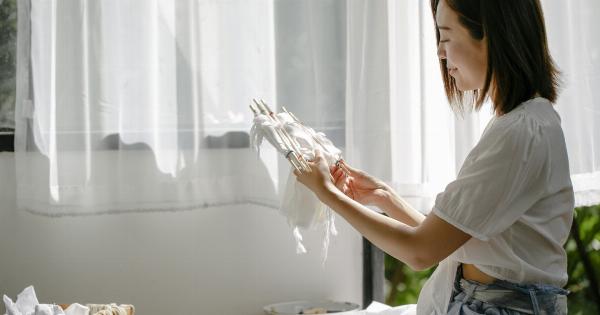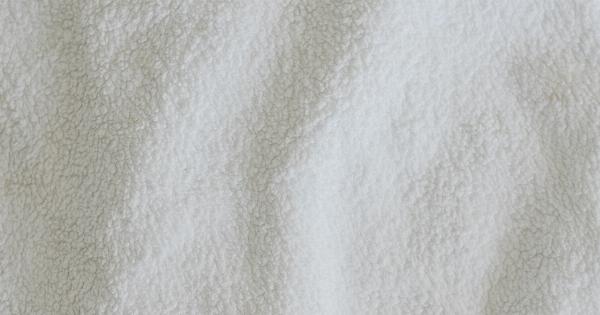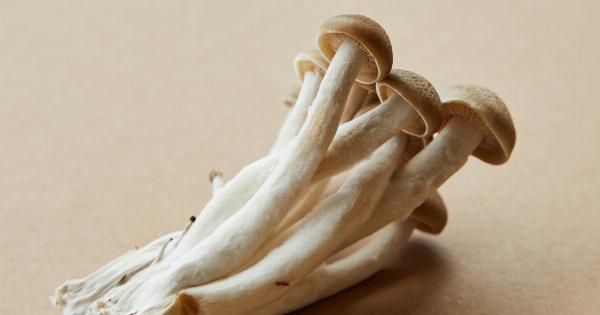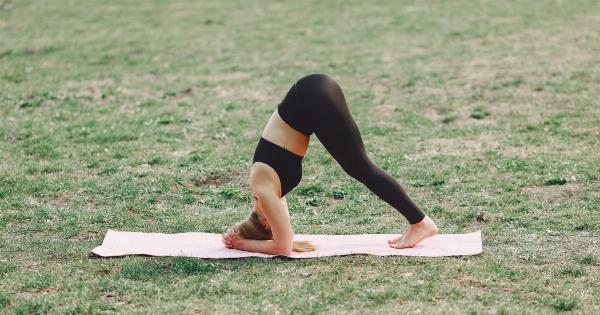Summer is here and with the increasing temperatures, the urge to spend more time outdoors is inevitable. However, with the increase in sun exposure, the risk of developing skin problems also increases.
One such problem that we often fail to understand is the negative impact of lemon juice on our skin. Yes, you read that right! As unbelievable as it may sound, lemon juice can cause damage to your skin when combined with sunlight. This is why it’s important to know about the effects of this combination and how to protect your skin from it.
What is sour skin?
Also known as phytophotodermatitis, sour skin is the result of a reaction between sunlight and certain chemicals found in plants, fruits, and vegetables.
This reaction causes a type of photoallergic contact dermatitis, which can leave your skin looking red, itchy, and blistered.
Lemons contain psoralen and bergapten, two chemicals that are known to cause sour skin. When these chemicals are exposed to sunlight, they can cause a chemical reaction that creates a phototoxic compound.
When this compound comes in contact with your skin, it can cause irritation, redness, and in severe cases, even blistering.
How to protect your skin from sour skin?
The best way to protect your skin from sour skin is to avoid exposure to the sun and irritant substances. If you’re planning to use lemon juice on your skin, then make sure that you do not go outside in direct sunlight for at least 12 hours.
Another effective way to protect your skin is to use sunscreen. Dermatologists recommend using a broad-spectrum sunscreen with an SPF of 30 or higher. The higher the SPF, the greater the protection your skin will have against harmful UV rays.
If you’ve already been exposed to the sun and lemon juice, then it’s best to take prompt action. Washing your skin with soap and water and applying a cold compress can help to soothe the irritation.
Over-the-counter creams and ointments, such as hydrocortisone, can help to reduce inflammation and redness. In severe cases, it’s best to consult a dermatologist for expert advice.
What are the symptoms of sour skin?
The symptoms of sour skin can vary depending on the severity of the reaction. Some common symptoms include:.
- Redness
- Swelling
- Blisters
- Burning sensation
- Itching
- Dryness
What are the risk factors for sour skin?
Anyone can develop sour skin, but some people are at a higher risk than others. One of the biggest risk factors is sunlight exposure. The more time you spend outside in direct sunlight, the greater the risk of developing sour skin.
Other risk factors include:.
- Frequent contact with irritant substances
- Use of certain medications
- Using certain skincare products
- A family history of skin allergies
- Having a history of sunburns
What are the treatment options for sour skin?
Treatment for sour skin can vary depending on the severity of the reaction. In mild cases, washing your skin with soap and water and using an over-the-counter cream or ointment may be enough.
However, in more severe cases, you may need prescription medications or even hospitalization.
Some common treatment options for sour skin include:.
- Steroid creams and ointments
- Antibiotics to prevent or treat infection
- Oral corticosteroids
- Phototherapy
- IV fluids
- Pain relievers
- Moisturizing creams and lotions
Conclusion
Sour skin can be a painful and annoying condition, but it can be prevented by taking simple precautions. If you’re planning to use lemon juice on your skin, then make sure to avoid exposing your skin to sunlight for at least 12 hours.
Additionally, using a broad-spectrum sunscreen with an SPF of 30 or higher can provide additional protection.
If you’ve already developed sour skin, then prompt treatment can help to reduce the severity of the symptoms and prevent further damage to your skin.
This includes washing your skin with soap and water and using over-the-counter creams and ointments. In severe cases, it’s best to consult a dermatologist for expert advice.
Remember, prevention is always better than cure, and taking simple precautions can go a long way in protecting your skin from sour skin and other skin problems.































